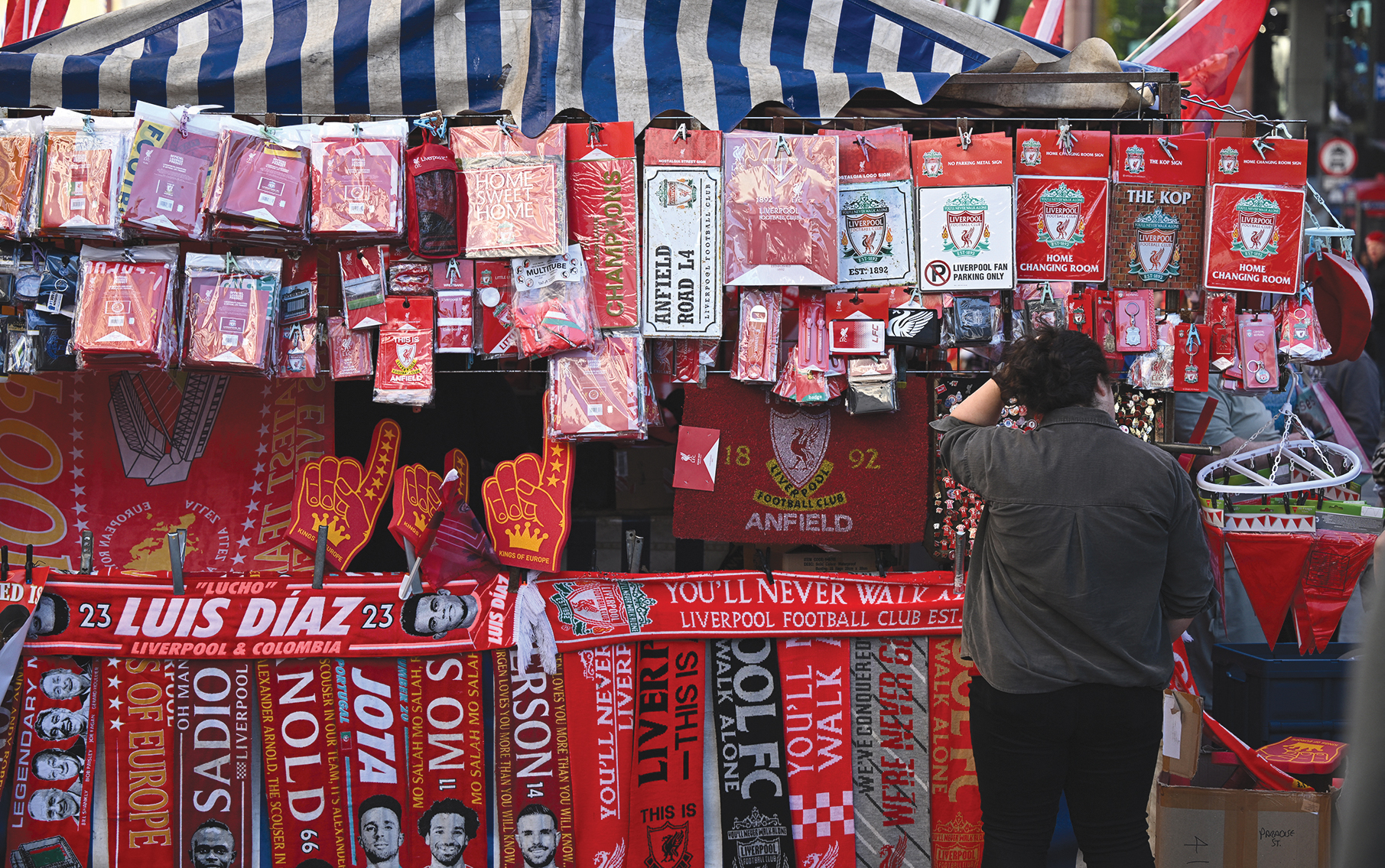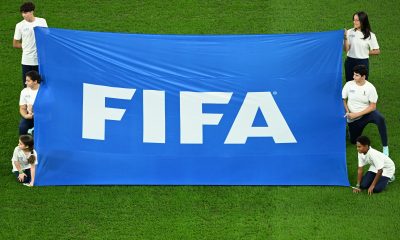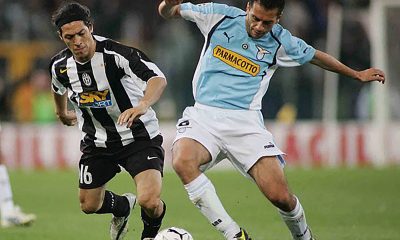
The sports industry today is worth billions of dollars. This is largely thanks to the revenue that is generated within the industry itself from a number of sources, amongst them sponsorships (sometimes exclusive sponsorships), merchandise, match tickets or the sale of broadcasting and media rights to third parties. These have all led to the commercial exploitation of sport, making it an extremely competitive business.
This article shall provide an overview of two of the most important pieces of European Union legislation that deal with competition law; Articles 101 and 102 of the Treaty on the Functioning of the European Union [TFEU] (previously Articles 81 and 82 of the Treaty establishing the European Community) from a sports perspective.
Article 101 is composed of three paragraphs.
The first one covers cartels, through price fixing, market sharing and agreements in both horizontal and vertical levels aiming to avoid restriction or distortion of competition related to trading between the members of the EU.
The second paragraph portrays that agreements or decisions prohibited pursuant to this article are not legally valid.
Finally, the third paragraph provides a list of prohibitions with regards to the content of the first paragraph.
On the other hand, Article 102 deals with “the prohibition of abuse of a dominant market position”, which correlates abuse with imposing unfair prices and trade conditions, limiting production, unjustified conditions to equivalent transactions and subjecting contracts to unconnected supplementary obligations.
The infamous case Meca-Medina completely changed the view of how a sport rule concerning an issue of competition law is legally assessed.
The European Court of Justice ruled a priori that sports rules or agreements are not immune from the application of EU competition law simply because they are concerned with the organisation of sport.
The ‘sporting exception’ that is applicable to the free moment provisions does not therefore apply. Nonetheless, a court of law must still take into account the sporting context of a rule or agreement, thus requiring for a proper analysis to be undertaken, taking into consideration the overall context, the legitimate objectives of the rules, whether the restrictive effects of them are inherent in the pursuit of these objectives and proportionate to them when assessing whether or not competition provisions have been infringed.
The European Commission has produced a methodological approach for assessing whether a rule adopted by a sports association relating to the organisation of sport infringes Article 101 or Article 102 of the TFEU.
First and foremost, it must be determined whether the rule adopted by a sports association can be considered to be an ‘undertaking’ or an ‘association of undertakings’.
A sports association is considered to be an ‘undertaking’ to the extent that it carries out an ‘economic’ activity itself (such as the sale of merchandise or broadcasting rights) and is considered to be an ‘association of undertakings’ if its members (such as teams or athletes) carry out an ‘economic activity’.
If there is no ‘economic’ activity, then the provisions of Articles 101 and 102 do not apply.
Secondly, does the rule in question restrict competition within the meaning of Article 101(1) TFEU or does it constitute an abuse of a dominant position under Article 102?
This depends on various factors which were outlined in the Wouters judgement; the overall contest in which the rule was adopted or produces its effects and its objectives, whether the rule is proportionate in light of the objective pursued.
Lastly, it must be determined whether the rule in question effects trade between Member States. The provisions of Articles 101 and 102 TFEU will not apply unless there is an appreciable effect on trade between Member States, which effect must be foreseen with a sufficient degree of probability on the basis of a set of objective factors of law or fact that it may have an influence, direct or indirect, actual or potential, on the pattern of trade between Member States.
Having said the above, the European Commission has no intention of becoming a sport regulatory body or to take over the role of sport associations when it comes to sporting rules.
The Commission will only intervene in cases where 1) economic activity is involved, 2) the sporting rule in question does not fulfil the Wouters criteria that was applied in the Meca-Medina case; 3) there is a significant impact on competition on a commercial market and 4) there is a sufficient community interest to deal with the matter in question at the European level.
If this is not the case, then the European Commission will step aside and allow sports associations to continue in their work unhindered.
Ultimately, it is sport associations who are best placed to organise a sport.
Dr Robert Dingli is a sports lawyer and Senior Associate at Dingli & Dingli Law Firm

World Cup News
-
FIFA World Cup
/ 1 month agoSon scores but Thailand hold South Korea in World Cup qualifier
Son Heung-min scored but South Korea were held 1-1 at home by Thailand in...
By AFP -
FIFA World Cup
/ 2 months agoJapan-N. Korea World Cup game to stay in Pyongyang, JFA says
Japan’s World Cup qualifier against North Korea will be played in Pyongyang as planned...
By AFP -
FIFA World Cup
/ 2 months agoGerman ex-FA bosses on trial over World Cup tax evasion
Three German ex-top football officials went on trial on Monday in a 13.7-million-euro ($14.8...
By AFP -
FIFA World Cup
/ 2 months agoSaudi Arabia formally launches bid for 2034 World Cup
Saudi Arabia formally launched its bid to host the 2034 World Cup on Friday,...
By AFP

English Premier League
Watch: Man. City crush Brighton to close gap on Arsenal in title race

English Premier League
Slot ‘confident’ of Liverpool job as ‘negotiations’ take place

More sports
Boris Becker discharged from bankruptcy: lawyer

BOV Premier League
Tickets selling fast for Floriana vs Ħamrun Spartans ‘title decider’

Winter Olympics
Watch: Geisenberger wins sixth Olympic medal to tie luge record
































